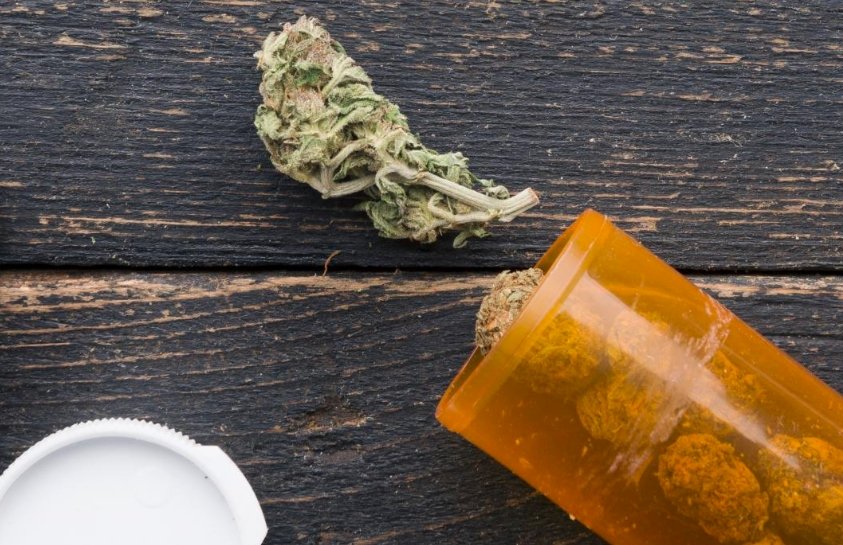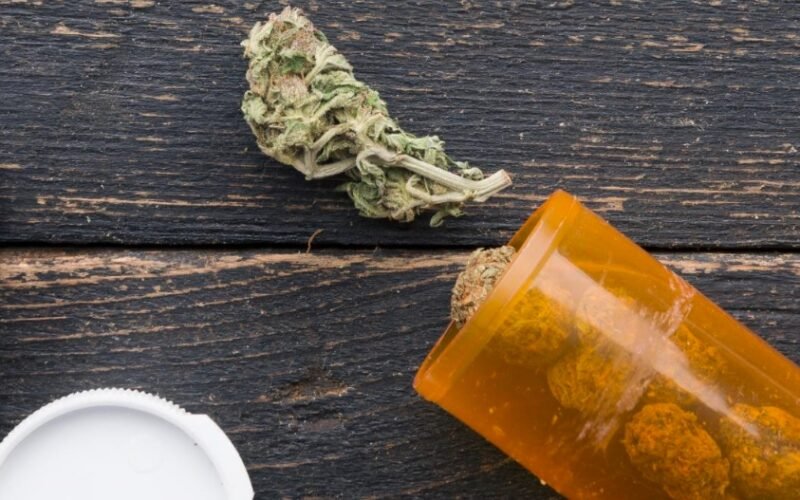The widespread legalization of cannabis has sparked a surge in its use among adults in the United States. While cannabis has potential therapeutic benefits, it also poses risks, especially for individuals with diabetes. Dr. Halis Akturk, an expert in diabetes care, sheds light on the highs and lows of cannabis use in diabetes, emphasizing behavioral and psychosocial considerations.
Cannabis use has become increasingly prevalent, but its impact on health remains a topic of debate. Dr. Halis Akturk, an associate professor of medicine and pediatrics at the Barbara Davis Center for Diabetes, shares insights into the unique challenges faced by individuals with type 1 diabetes who use cannabis.
The Prevalence of Cannabis Use
- In Colorado, where cannabis is legal, approximately 30% of adults with type 1 diabetes reported using cannabis in the past year.
- The reasons cited for cannabis use vary, including pain management, relaxation, and recreational purposes.

The Risks and Research
- Dr. Akturk’s research has highlighted the elevated risk of diabetic ketoacidosis (DKA) among adults with type 1 diabetes who use cannabis.
- Cannabis hyperemesis syndrome (CHS) is another concern, characterized by recurrent nausea and vomiting due to chronic cannabis use.
Behavioral and Psychosocial Considerations
- Clinicians must address cannabis use with their patients, emphasizing the importance of open communication.
- Understanding the risks, monitoring blood glucose levels, and promoting harm reduction strategies are essential.
As cannabis use continues to grow, healthcare providers play a crucial role in educating patients about the potential effects and risks, especially for those with diabetes.




